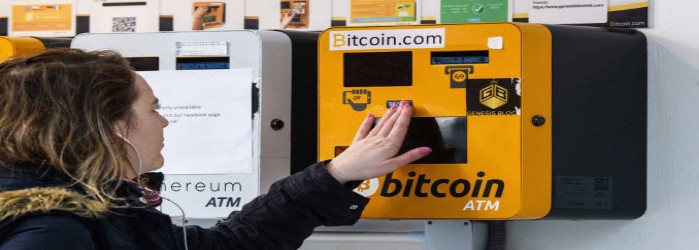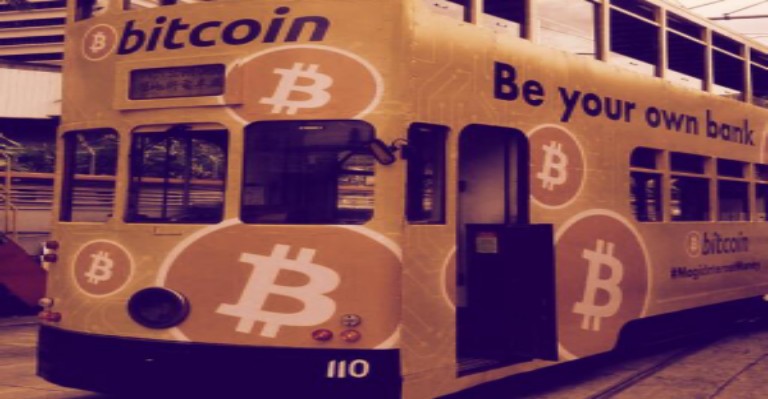Bitcoin Association of Hong Kong, which incorporates more than 5,000 Bitcoin-centered individuals, today made known that it would utilize gifts to purchase promoting spaces to post Bitcoin advertisements that would teach local people about the benefits and dangers of the head digital money.
As indicated by the delivery, these Bitcoin promotions will be shown on three Bitcoin-themed doubledecker cable cars. Other than the cable cars, the Association will likewise show Bitcoin logos and useful messages across 20 announcements in the city, all through September until 8 October.

These educational messages should feature why Bitcoin is a significant influencer and would likewise incorporate statements from Internet pioneer Stewart Brand and FCC Commissioner T.A.M Craven. Also, all advertisements will contain a disclaimer message that states that Bitcoin isn’t for money laundering. It also encourages users to be careful of how their transactions as Bitcoin isn’t reversible once transferred.
These educational messages should feature why Bitcoin is a significant influencer and would likewise incorporate statements from Internet pioneer Stewart Brand and FCC Commissioner T.A.M Craven. Also, all advertisements will contain a disclaimer message that states:
In any case, Co-organizer of Bitcoin Association of Hong Kong Leo Weese asserted this was “not an ad campaign” and included an announcement:
“The goal is mainly to kickstart a conversation around the merits of Bitcoin, especially in the context of the ongoing economic challenges… I think the beauty of it is that it is not a company advertisement, but instead purely focussed on bitcoin itself, as a disruptive technology (#GlobalInternetMoney), a hedge against inflation (#DigitalGold) and as a means for financial inclusion (#BeYourOwnBank).”
Some Twitter clients said this was Hong Kong’s biggest advertisement crusade about Bitcoin, in any case, it was not the first. A month ago, another Bitcoin-driven advertisement in Hong Kong was included in Apple Daily, a Hong Kong-based newspaper, after its originator Jimmy Lai was captured by the administration, as an aspect of a dissent over Hong Kong’s Security Law.

